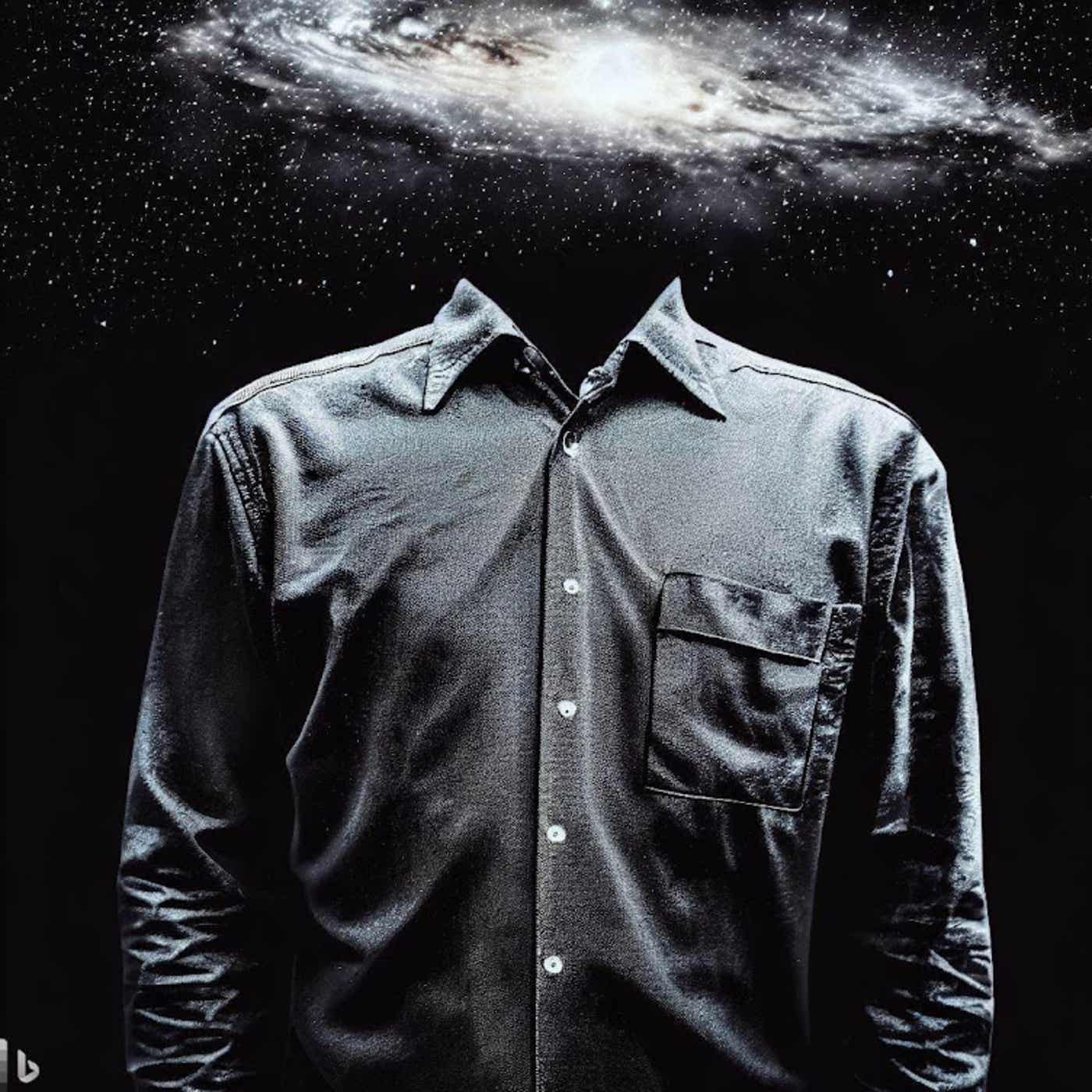How and Why Consciousness Arises
Description
Today’s article is called HOW AND WHY CONSCIOUSNESS ARISES: SOME CONSIDERATIONS FROM PHYSICS AND PHYSIOLOGY by Mark Solms and Karl Friston.
What I find fascinating about this paper is the detailed description of the active inference process used by us humans, and other intelligences, to model the world, predict what it is we should be sensing and then either adjust those predictions based on prediction errors that come back from the next set of sensations or take action to gather more input. All of this is done while also paying attention based on “affect” or the “felt sense of uncertainty” , as the authors put it, in order to guide what is salient in this moment that we should actually be paying attention to .
In a sense we are living in a projected reality based on our predictions of the “outside” environment but this is where it gets really interesting. What is “inside” and what is “outside”? The paper speaks of interoception, or the sense of our “inner states” like our heart rate, but as I began to think about it, what makes the sense of my heart rate any different than the sense of the ticking clock on the wall? The definition of “inner” and “outer”, “self” and “environment” is entirely a defined by a specific point of view and is somewhat of a moving target.
Look at your own perceptions right now. What I find in my view is sights, sounds, feelings, and thoughts all of which are presumably my environment, or at best something I have, since it is “I” who has them. Today’s paper argues that this intuition of “I” is also one of those things I am predicting along with the sights, sounds, feeling and thoughts. Wow.
This is a public episode. If you would like to discuss this with other subscribers or get access to bonus episodes, visit headlessdeepdive.substack.com
More Episodes
Philosopher Bernardo Kastrup takes the “hard problem of consciousness” and completely turns it inside out. Kastrup’s PhD dissertation titled Analytic Idealism: A consciousness-only ontology, argues that consciousness is fundamental. Everything supposedly “material” (including our bodies and...
Published 11/11/24
Published 11/11/24
In his article, On the Nature of Time, Stephen Wolfram describes the computational model he has for the universe and how that results in a new way to look at time. Wolfram is a physicist, computer scientist, author, inventor of Mathematica (software used by scientists and engineers) and Wolfram...
Published 11/09/24


